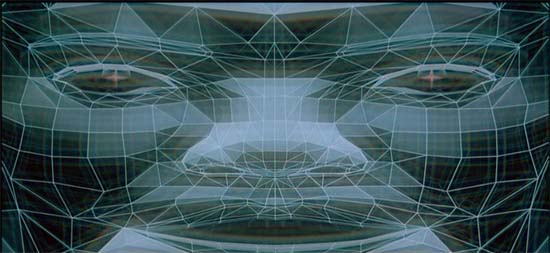The abuse of the GPL v2 license by several corporations and individuals, AND, the abuse of the GPL v2 by a kernel developer (here and here), has caused a movement to remedy the situation by "extending additional rights to 'cure' opensource license noncompliance".
That's some interesting legal buzz-wording but doesn't the "cure" really spell the end of the GPLv2 by forcing users to the GPLv3? And, if "violators" do not comply they may suffer the wrath of lawyers from Microsoft, SUSE, RH, and other corporations that have a long history of not being favorable the GPLv2.
Some comments:
The GNU General Public License (GPL) and GNU Lesser General Public License (LGPL) are among the most widely used open source software licenses covering many important software projects, including the Linux kernel. GPL version 3 (GPLv3) introduced an approach to termination that offers distributors of the code an opportunity to correct errors and mistakes in license compliance. This approach allows for enforcement of license compliance consistent with a community in which heavy-handed approaches to enforcement, including for financial gain, are out of place.
Some comments:
It's all fake (Score:5, Interesting)
by Bruce Perens ( 3872 ) <bruce@perens.com> on Monday March 19, 2018 @01:53PM (#56284527) Homepage Journal
The companies involved have never been known to bring suit regarding Open Source licenses. The promise to give a cure period is thus hollow.
by Bruce Perens ( 3872 ) <bruce@perens.com> on Monday March 19, 2018 @01:53PM (#56284527) Homepage Journal
The companies involved have never been known to bring suit regarding Open Source licenses. The promise to give a cure period is thus hollow.
I'm confused... (Score:2)
by TheFakeTimCook ( 4641057 ) on Monday March 19, 2018 @03:22PM (#56285569)
...Is this is "Extend" or "Extinguish" phase?
It's surely one or the other.
by TheFakeTimCook ( 4641057 ) on Monday March 19, 2018 @03:22PM (#56285569)
...Is this is "Extend" or "Extinguish" phase?
It's surely one or the other.







Comment